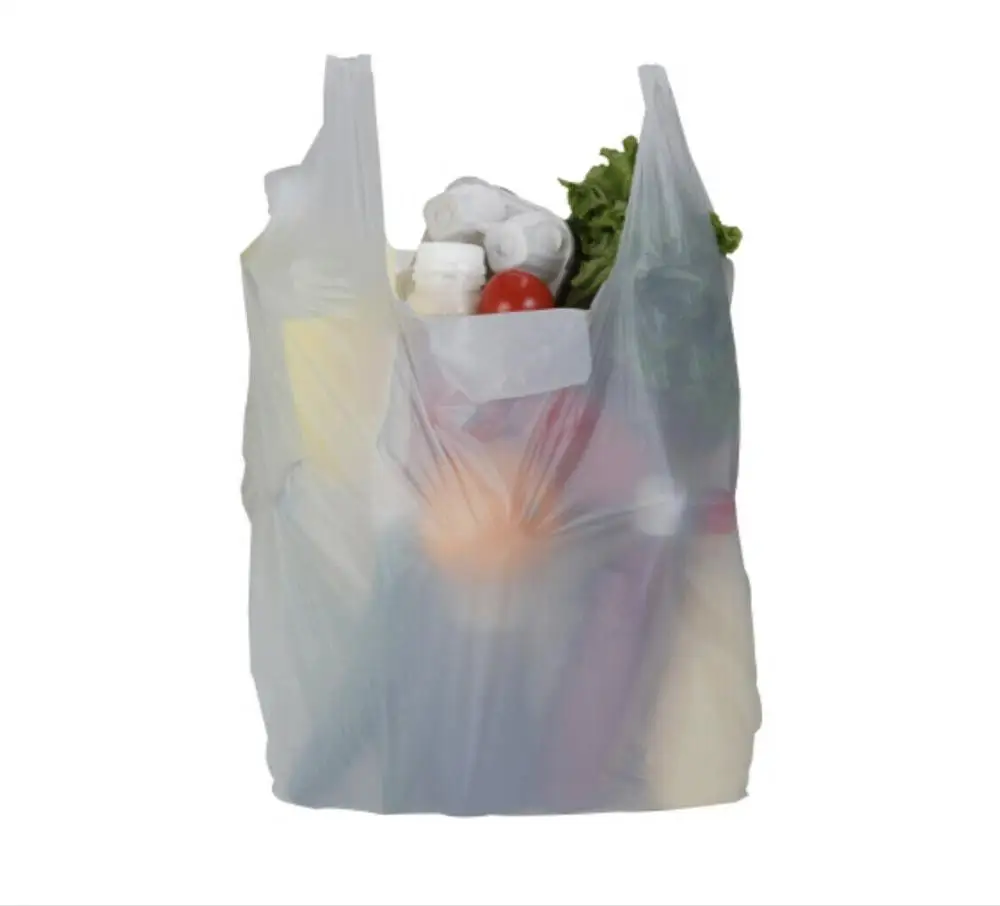
Plastic shopping bags have become an integral part of the modern shopping experience, offering shoppers convenience and ease. Their lightweight design and ability to hold various items make them a popular choice for retailers and customers alike. However, as the world becomes increasingly aware of environmental issues, these seemingly harmless items have sparked a significant debate over their impact on our planet.
The journey of plastic bags from a helpful accessory to a subject of controversy highlights a growing awareness of sustainability and environmental responsibility. As millions of bags are used daily, concerns about pollution, wildlife harm, and long-term ecological effects have risen to the forefront. This article explores the duality of plastic shopping bags, examining their benefits alongside the pressing need for change in our consumption habits.
Environmental Impact of Plastic Bags
Plastic shopping bags have become a staple in retail environments around the world due to their convenience and low cost. However, their environmental impact is significant and troubling. When discarded, plastic bags often end up in landfills, where they can take hundreds of years to decompose. This prolonged persistence contributes to the accumulation of plastic waste in our ecosystem, posing a threat to wildlife and natural habitats.
Marine life is particularly vulnerable to the effects of plastic bags. These bags can easily be carried by wind and waterways into oceans, where they may be mistaken for food by animals such as sea turtles and birds. Ingesting plastic can lead to malnutrition, internal injuries, and even death. Additionally, plastic bags contribute to the phenomenon known as the Great Pacific Garbage Patch, a massive area of ocean polluted with floating plastic debris, which further disrupts marine ecosystems.
The production of plastic bags also has a notable environmental impact. The manufacturing process requires significant amounts of fossil fuels, which contributes to greenhouse gas emissions. Moreover, chemicals used in production can pollute air and waterways, leading to further ecological damage. As awareness of these issues grows, many communities are reconsidering the role of plastic bags in everyday life and exploring more sustainable alternatives.
Alternatives to Plastic Shopping Bags
In recent years, a variety of alternatives to plastic shopping bags have gained popularity among environmentally conscious consumers. One of the most common substitutes is the reusable cloth bag, which is typically made from durable materials such as cotton or polyester. These bags are sturdy, washable, and can often carry significantly more weight than traditional plastic bags. By investing in reusable bags, shoppers can reduce their reliance on single-use plastics and contribute to a more sustainable lifestyle.
Another emerging alternative is biodegradable bags, which are made from materials designed to break down more quickly in the environment. These bags can be composed of plant-based materials such as cornstarch or even mushrooms. While biodegradable bags still require proper disposal to ensure they decompose effectively, they offer a more eco-friendly option compared to conventional plastic. Consumers looking for convenience and a lesser environmental impact can find these biodegradable products at many grocery and retail stores.
Additionally, some retailers are embracing the idea of packaging-free shopping, encouraging customers to bring their own containers for bulk items. This approach not only eliminates the need for plastic bags but also reduces overall waste by allowing consumers to buy just the amount they need. With the rise of zero-waste stores, shoppers are becoming more aware of sustainable practices and are actively seeking ways to minimize their plastic consumption in everyday life.
https://www.armopak.com
Legislation and Public Opinion
In recent years, the increasing awareness of environmental issues has led to a surge in legislation aimed at regulating plastic shopping bags. Many countries and cities have implemented bans or fees on single-use plastic bags in an effort to reduce plastic waste and promote sustainable alternatives. These measures often receive support from environmental groups and many consumers who understand the negative impact of plastic pollution. However, the details of such legislation can vary widely, reflecting local consumer behavior, economic conditions, and cultural attitudes towards waste management.
Public opinion on plastic shopping bags remains divided. While a significant portion of the population acknowledges the environmental concerns associated with plastic waste, there is also a strong sentiment that revolves around the convenience and affordability of plastic bags for everyday shopping. Some consumers express frustration about the inconvenience of transitioning to reusable bags, especially for spontaneous purchases or small errands. This tension has fueled debates in communities about the effectiveness and fairness of plastic bag bans and regulations.
As plastic bag bans gain traction, a growing number of businesses and manufacturers are seeking eco-friendly solutions, such as biodegradable bags and reusable alternatives. Many consumers are starting to embrace these options, indicating a shift towards a more environmentally conscious mindset. However, the challenge remains for lawmakers to balance environmental goals with practical considerations for both consumers and businesses, ensuring that legislation reflects the diverse opinions and needs within the community.


